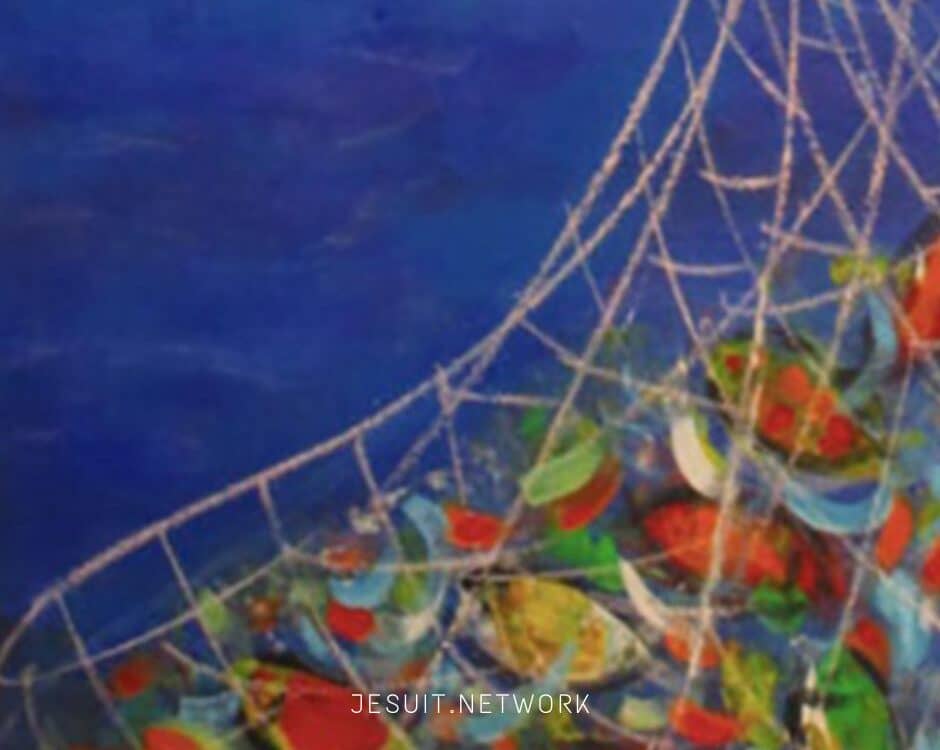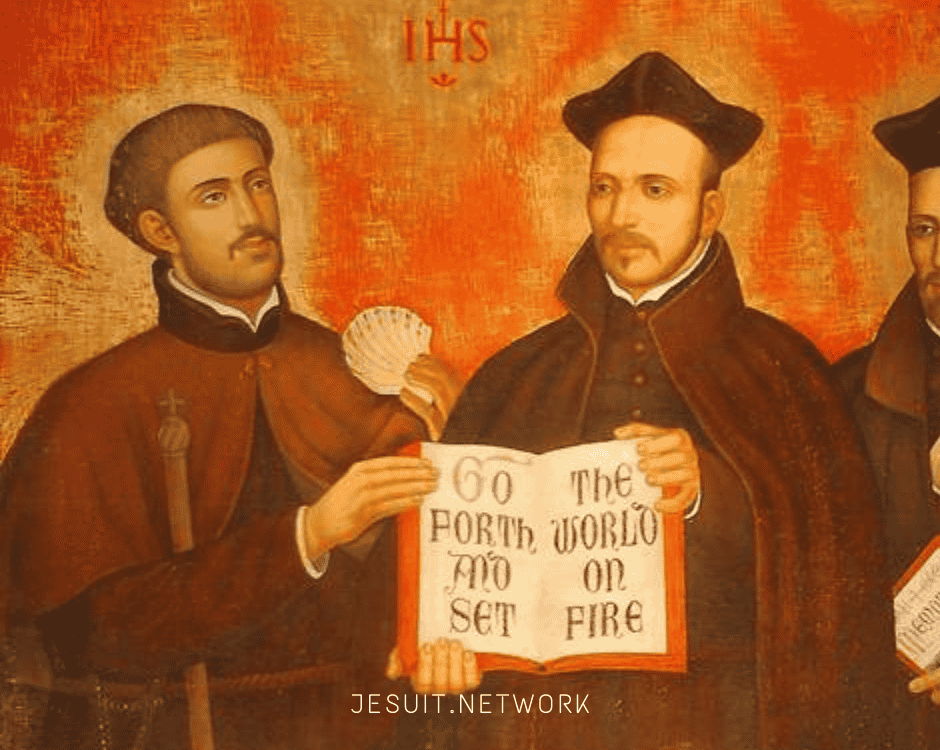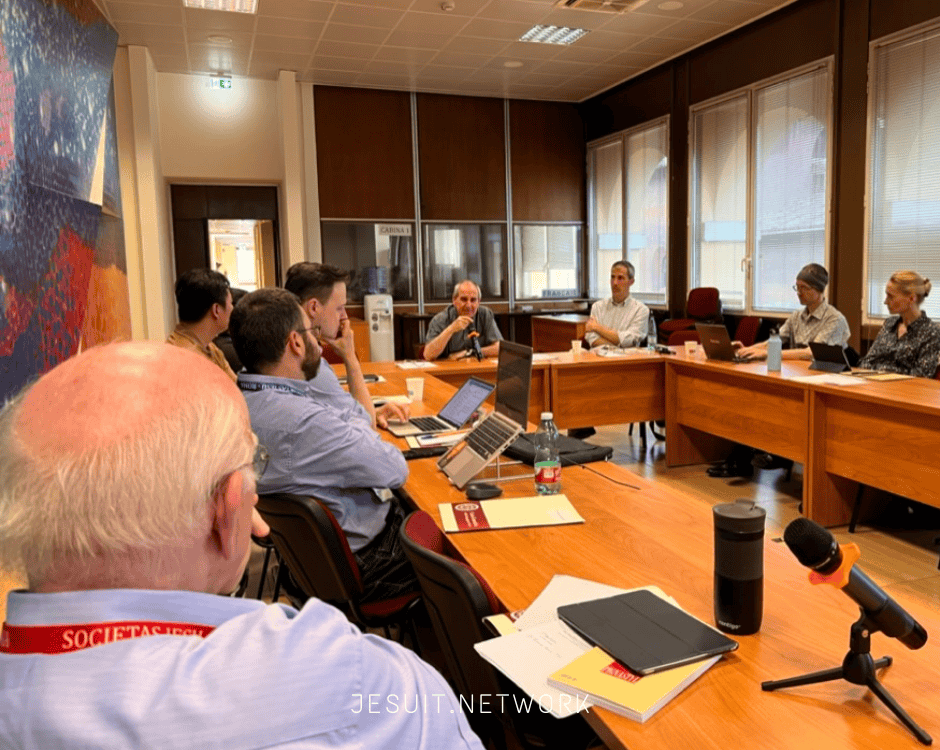This website uses cookies so that we can provide you with the best user experience possible. Cookie information is stored in your browser and performs functions such as recognising you when you return to our website and helping our team to understand which sections of the website you find most interesting and useful.
21st Century Skills
In this article, Fernando Vidal tells us something about the media skills we need for today’s world.
Our research has led us to propose the REGINA model, based on six 21st Century Skills for the digital world: Reflection, Entrepreneurship, Globalism, Innovation, Networking, and Awareness of others.
1) REFLECTION: In a world saturated with information and high levels of uncertainty, the ability to reflect is critical. Through reflection, we interpret and make sense of our lives, both personally and collectively. This helps us plan our activities, and carry them out better. Never has reflection been as critical as it is now.
2) ENTERPRENEURSHIP: You need to be proactive and entrepreneurial in your use of the new resources of media and information now available. You need initiative and awareness; you must be able to take risks; you must have an eye to sustainability.
3) GLOBALISM: A global mindset thinks and acts ecologically and systematically. It links particular and local events with the global realities they exemplify.
4) INNOVATION: Innovation is crucial when it comes to acquiring, processing, and applying new ways of handling information. Digital information stimulates innovation. It requires people and groups to strive for high levels of creativity, imagination and flexibility. It challenges us to diversify our strategies, to experiment with alternatives, and to think laterally.
5) NETWORKING: Networking enables inclusiveness, collaborative work, participation, shared responsibility, joint creativity, in-depth collective deliberation, and synergy. Networking helps us make the most of resources like P2P exchange and crowd sourcing. It encourages us to develop creative wikinomics structures (creative mass participation).
6) AWARENESS OF OTHERS: Awareness of others makes us sensitive to the diversity and uniqueness of individuals and groups, and helps us establish constructive relationships with all stakeholders. The REGINA Model is strongly focused on respect for diversity.
The 21st Century Skills named in the REGINA model identify six basic skills to promote the development and mobility of individuals within their communities. These skills, combined with digital literacy and the actual use of media, comprise what we refer to as digital capital, and can be measured in a way that allows for the creation of an index. Digital capital refers to the set of digital skills, digital literacy, and digital media stockpiled by an individual, community, or society.
To access the full article, click here.
Photo: By Pete Ashton, Flickr CC License





